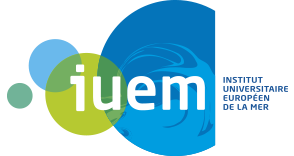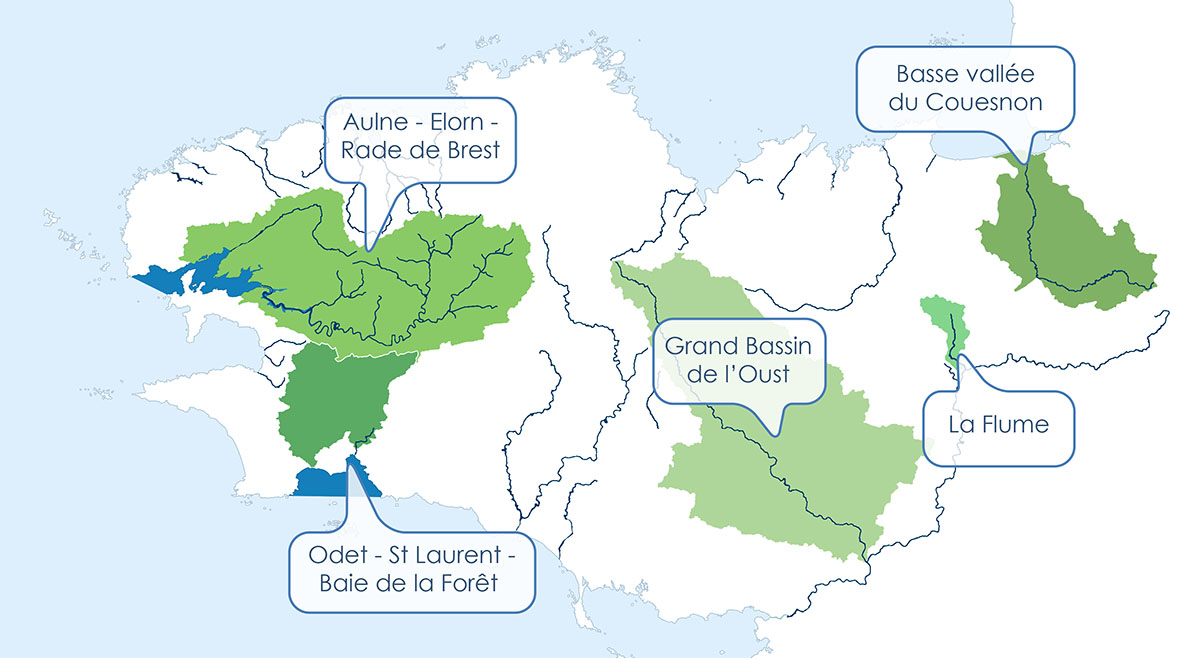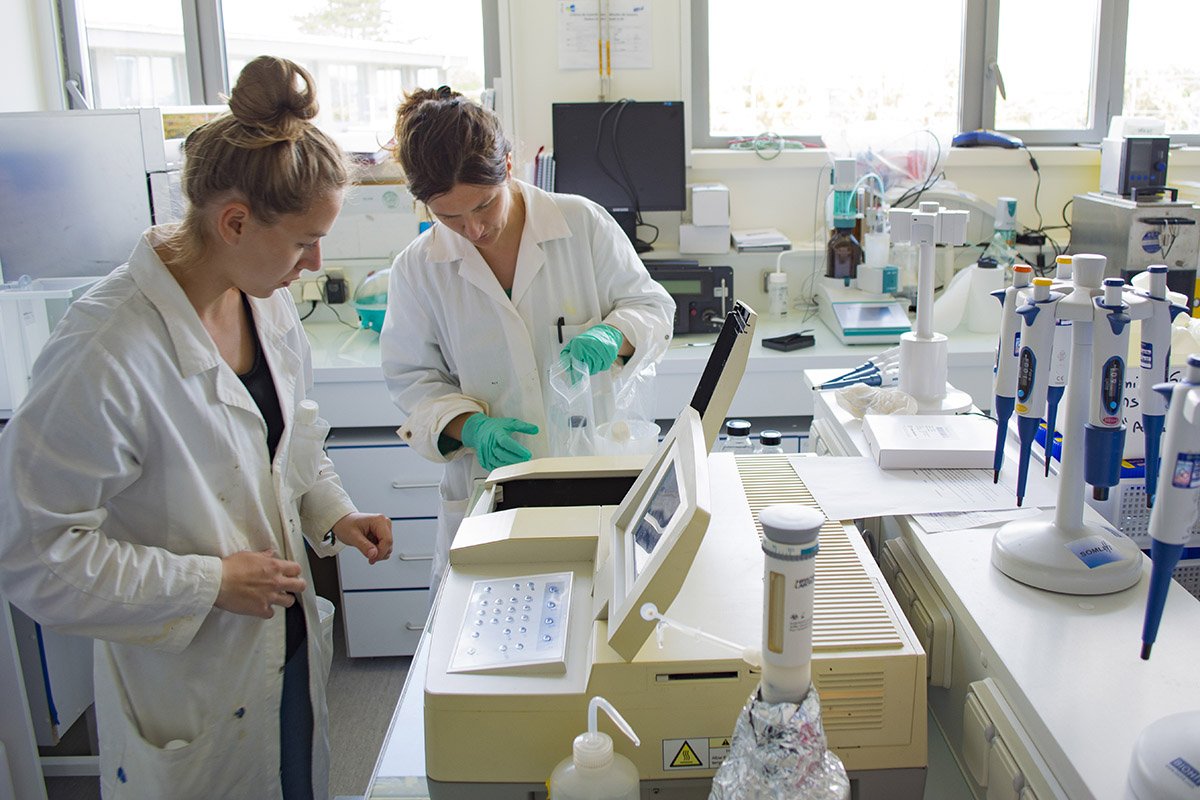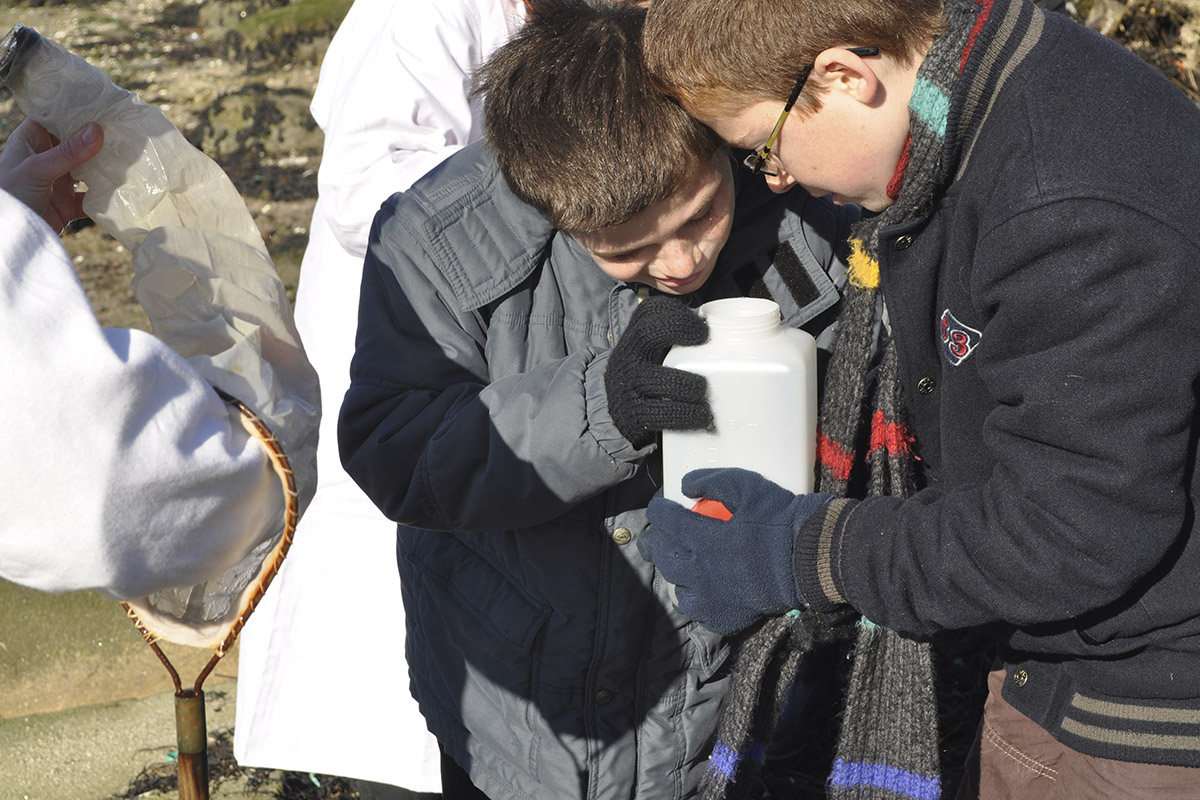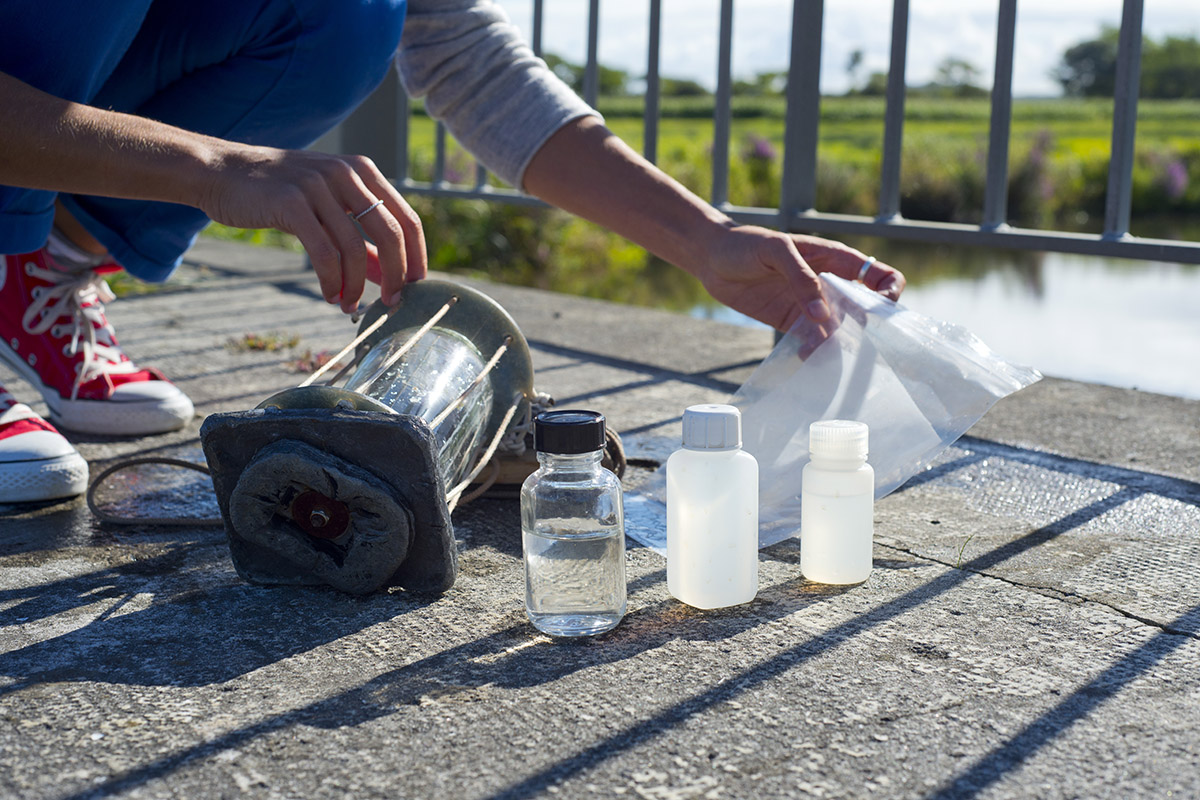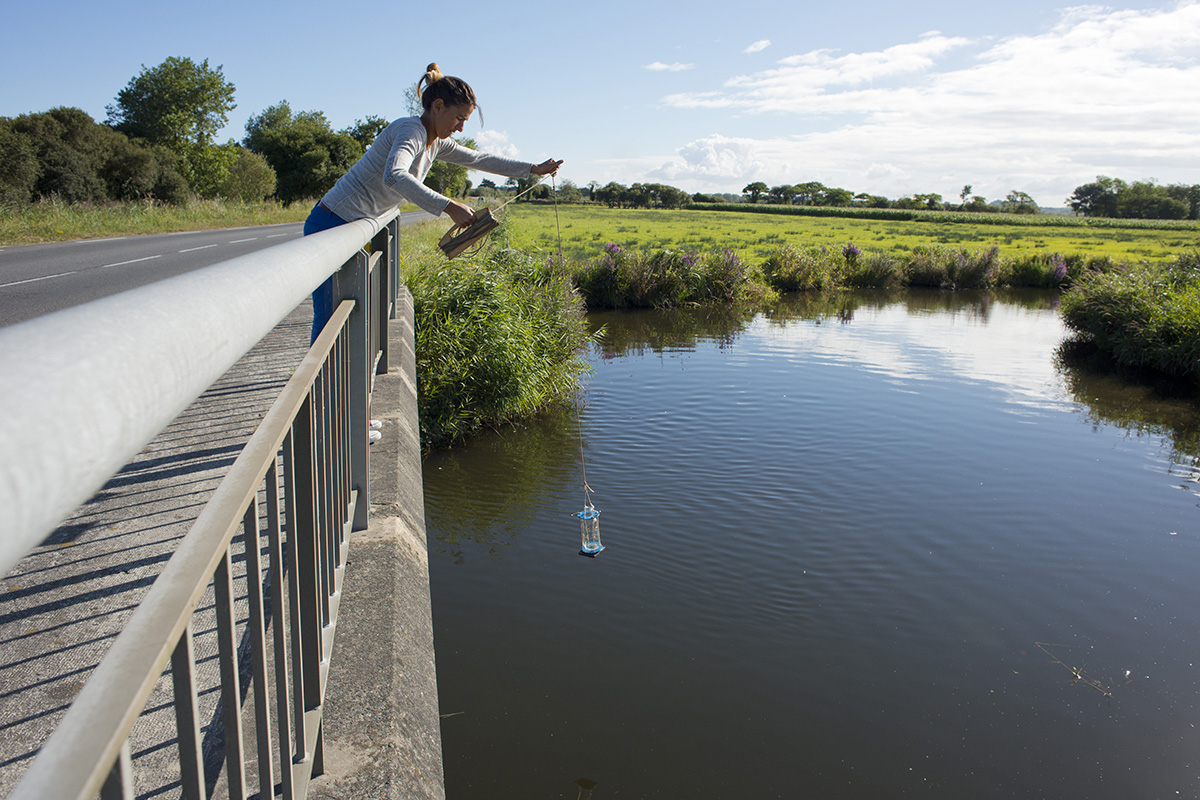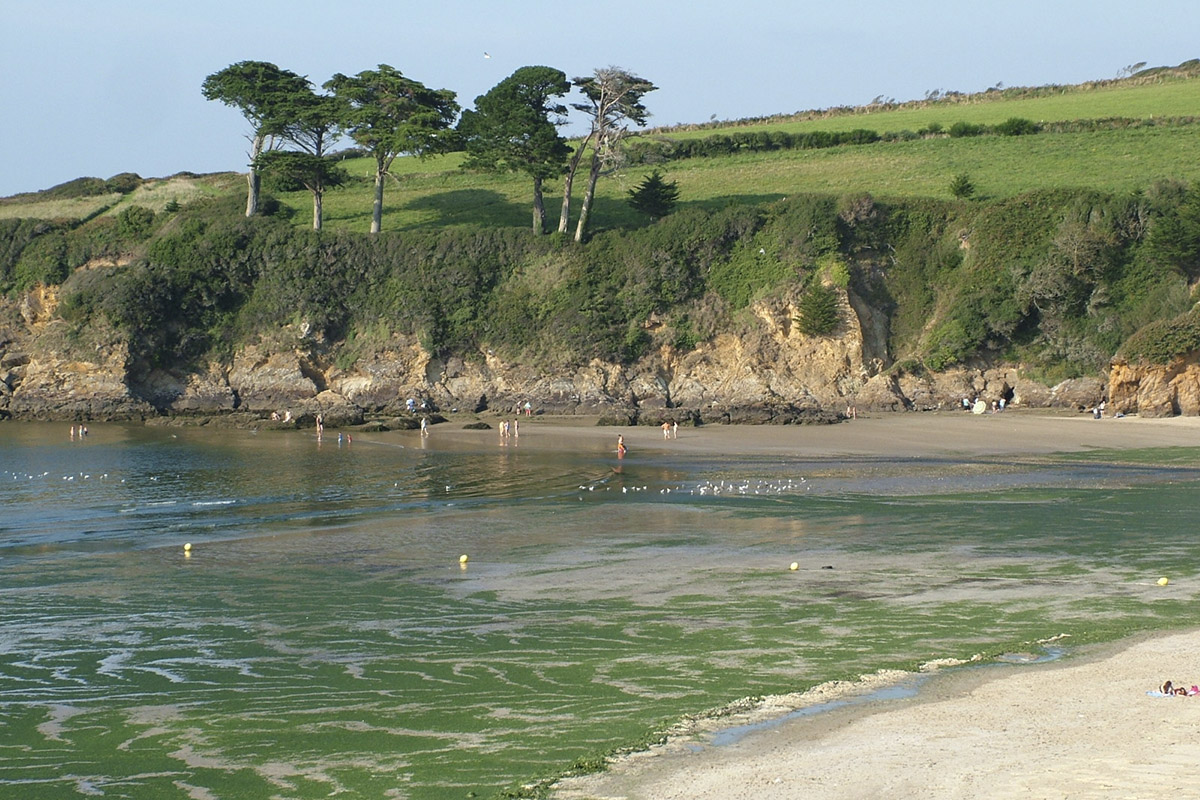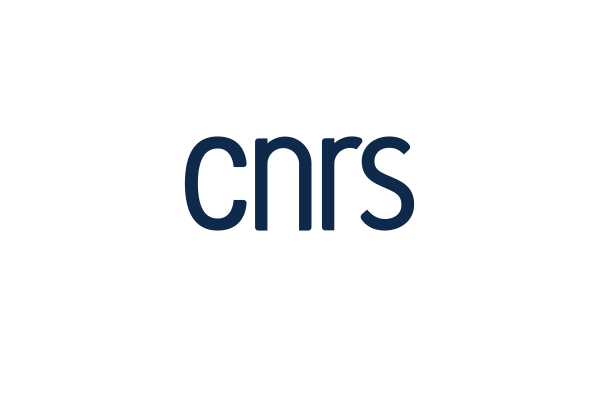Participatory monitoring
The ECOFLUX-Bretagne participative monitoring
The ECOFLUX-Bretagne project proposes to set up a participatory observatory in the Brittany region to assess the impact of socio-environmental transitions on water quality and biodiversity along the land-sea continuum, in a context of climate change that is set to become more and more prevalent.
The low groundwater reserves in Brittany and the resulting shortening of the great water cycle mean that the negative impacts on water quality of domestic waste and the intensification of agriculture have appeared more quickly here than elsewhere.
This hydrogeological particularity, exacerbated by the small size of the catchment areas, has nevertheless allowed us to observe the positive impact of the successive programmes undertaken since then for the recovery of water quality, which is also proof of the mobilisation capacity of people from Brittany.
The ECOFLUX-Bretagne project intends to continue the efforts to improve water quality, to monitor, maintain or restore biodiversity along the land-sea continuum, and to enable better adaptation to the effects of climate change. It also aims to promote dialogue and action between stakeholders with often divergent interests, in order to address together the complexity of socio-ecosystems.
Partners
Scientists
Sample analysis, interpretation, validation, storage of results and awareness:
- IUEM
- OSUR: Observatoire des Sciences de l’Univers de Rennes
Associations
Animation on the territories, linking the various partners (scientists, teachers, managers, professionals, etc.)
- CRESEB : Centre de Ressources et d’Expertise Scientifique sur l’Eau de Bretagne
Financials
- Region of Brittany: Financing via the CPER (State-Region Plan Contract) Glaz (Region of Brittany)
The sites
5 pilot sites have been selected (Brest Iroise (ZABrI) and Armorique (ZAAr) workshop areas):
- Aulne/Elorn/Rade de Brest
- Odet/St Laurent/Baie de Concarneau
- La Flume
- The Great Oust Basin
- The lower Couesnon valley
Monitoring
The list of parameters has not yet been finalised but we plan to monitor the following parameters: Nitrates, Phosphates, Silicates, Temperature, Turbidity, Fluorescence, Dissolved oxygen…
